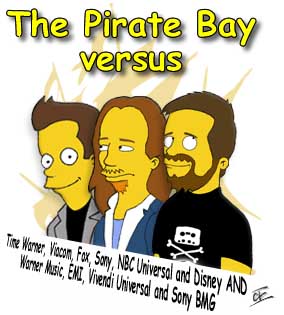Google, the nemesis of newspapers, was at the Congress yesterday, to turn a blonde deaf ear to their troubles. The company’s pin-up VP of products Marissa Meyer described quite a bright future to the Senate’s commerce committee – but it’s a bright future for Google, and people with a lot of time fiddling with their computers. Also testifying was creator of The Wire David Simon.
Let’s contrast how each of them addressed the crisis.
Meyer said Google’s policy “first and foremost” was to respect the wishes of content producers, but offered nothing in the way of new business partnerships. Instead, she gave them a short but haughty lecture on how they should present their stories – they should become more like Wikipedia:
“Consider instead how the authoritativeness of news articles might grow if an evolving story were published under a permanent, single URL as a living, changing, updating entity,” she said in her statement. “We see this practice today in Wikipedia’s entries and in the topic pages at NYTimes.com. The result is a single authoritative page with a consistent reference point that gains clout and a following of users over time.”
So instead of publishing 50 stories a day, the implication is that publications should only publish 50 a year – tweaking those 50 constantly, in the hope they wriggle up through the Google search results. Yes, that’ll fix things.
She also said they should offer more scope for mash-ups. At both ends of the news chain, then, you have people fiddling – instead of writing (at one end) and reading (at the other). That’s very Web 2.0, and you couldn’t get a clearer statement that Google doesn’t really understand what news is for. (It’s merely the stuff that goes between the BODY tags, silly.)
The creator of The Wire and former reporter David Simon said he found the phrase “citizen journalism” Orwellian. He added:
“A neighbor who is a good listener and cares about people is a good neighbor – he is not in any sense a citizen social worker. Just as a neighbor with a garden hose and good intentions is not a citizen firefighter. To say so is a heedless insult to social workers and firefighters.”


 This week Apple threw the kitchen sink at its iPhone/Touch software stack, removing most of the most irritating nuisances at a stroke. It’s a stunning achievement.
This week Apple threw the kitchen sink at its iPhone/Touch software stack, removing most of the most irritating nuisances at a stroke. It’s a stunning achievement.
